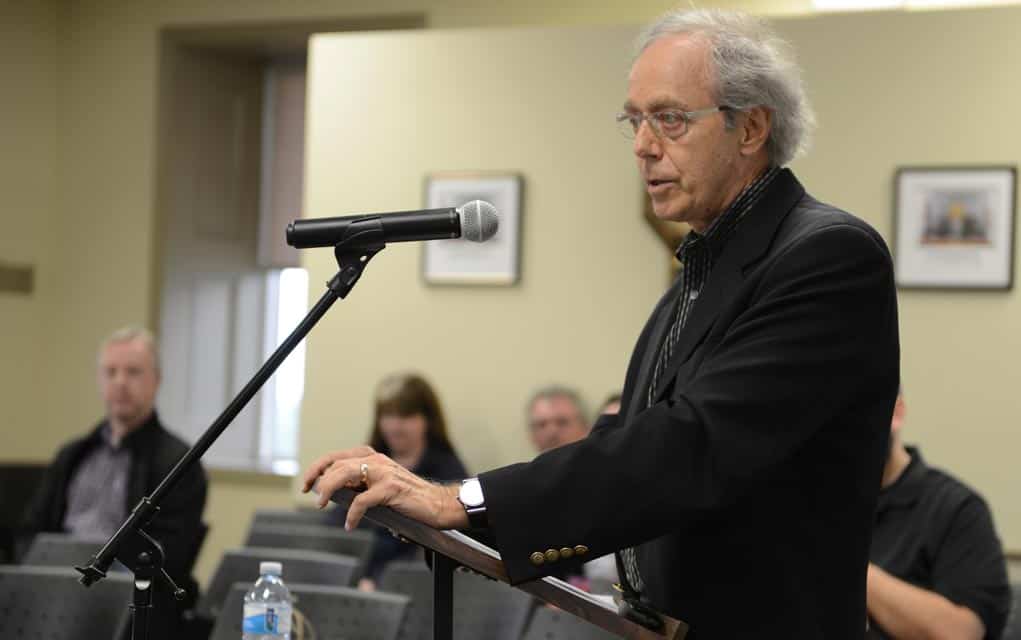If you’re a customer of Waterloo North Hydro (WNH), you will have noticed some changes when you opened up the latest bill. If not, you’ll get another chance to do so shortly.
By provincial mandate, the utility has switched to monthly billing, combining the change with an overhaul of the paperwork itself. Customers also got new account numbers.
While the majority of Ontario’s electricity customers are already on the monthly billing system – in part some camouflage for soaring bills to reduce sticker shock of the size of each bill – WNH has just made the transition.
Jeff Quint, manager, energy efficiency and corporate communications, says the changeover has been painless so far.
“The monthly billing rollout has gone smoothly,” said Quint.
Along with the frequency adjustment, customers can expect a change in the physical look of their bill, a new account number, a 30-day meter reading period and bill payments to be due monthly.
The utility has pegged the cost of compliance at $400,000 a year, about half coming from postage fees.
“We continue to promote our e-billing option in an attempt to decrease the impact of monthly billing,” said Quint of efforts to reduce those costs.
Currently, about 20 per cent of customers opt for electronic bills. That number continues to grow, he said.
WNH serves some 55,700 customers across 672 square kilometres in Wellesley, Woolwich and Waterloo, the parent company jointly owned by the three municipal governments.
Monthly billing was mandated by the Ontario Energy Board, which called on all local distribution companies in the province to make the switch.
The OEB said the new system, which migrated customers from the prior bi-monthly billing, will help households and small businesses to better manage their electricity costs.
“We want the bill to be more effective in helping customers manage their costs,” said board CEO Rosemarie Leclair in a release. “Putting a bill into their hands 12 times a year instead of six will foster a better understanding of energy habits and prompt regular conservation behaviour.”









